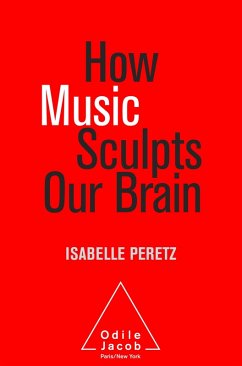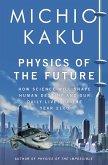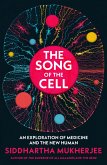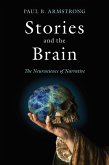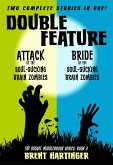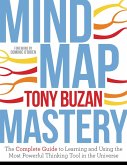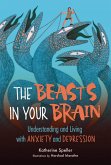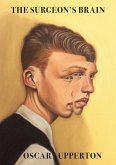How does the process of learning music impact our brain? To what extent does it foster curiosity, attention and enhance memory? How is it linked with reading, learning languages, or mathematical thinking? Does a child need a musical ear to develop musical ability and make progress in music? Is there an age limit for learning music? At a time when music education is being drastically cut, in connection with a "e;back to basics"e; rhetoric spreading over the field of education, there is also a growing interest in demonstrating and experiencing the way music can boost literacy, fine motor skills, memory, but also social behavior, altruism and... happiness! A world-renowned expert on music and the brain, Isabelle Peretz takes up the joint challenge of enlightening us on the main findings of more than thirty years of neurobiological research on music and education, and translating them, where possible, into actionable recommendations directly applicable to the music room. Written in both lively and straightforward language, her book details the various ways in which music can transform our brain, for the better. It makes the main findings of the neuroscience of music accessible to all those involved in music education -aspiring musicians, professors, learning adults, parents, or educational advisors. An indispensable guide to understanding and promoting best practice in musical education. Dr Isabelle Peretz is a professor of Psychology at University of Montreal, where she holds a Canada Research Chair and a Casavant Chair in neurocognition of music.
Dieser Download kann aus rechtlichen Gründen nur mit Rechnungsadresse in A, B, CY, CZ, D, DK, EW, E, FIN, F, GR, IRL, I, LT, L, LR, M, NL, P, S, SLO, SK ausgeliefert werden.

